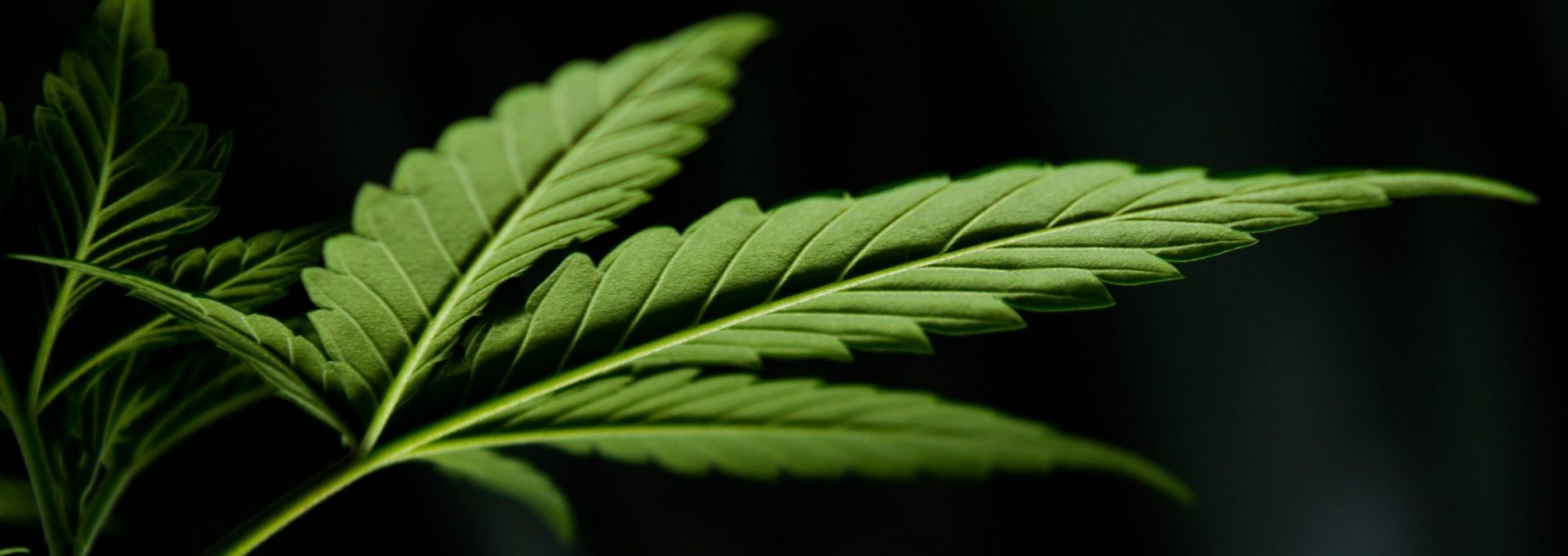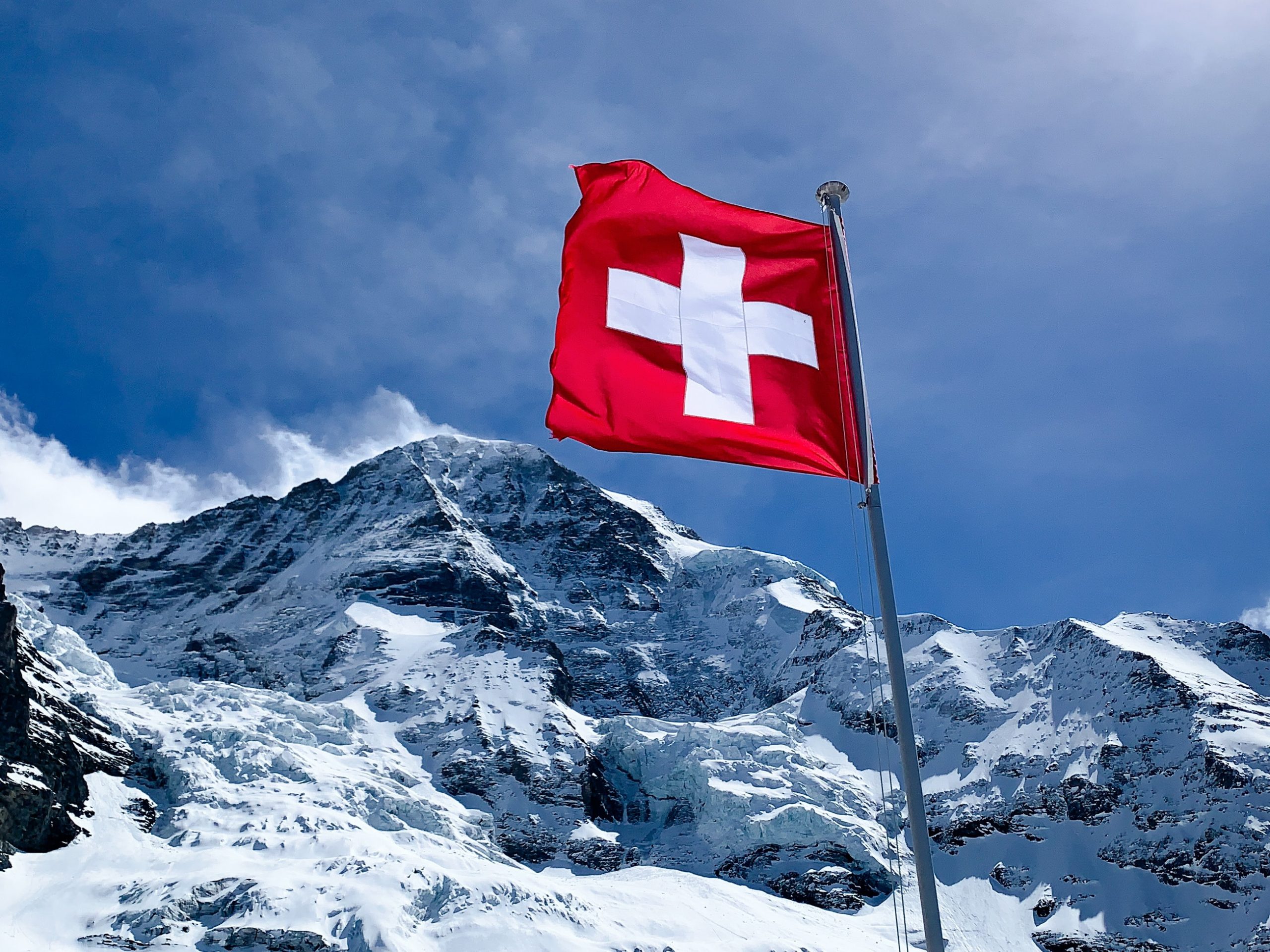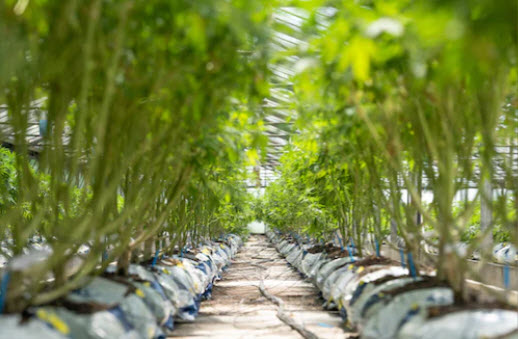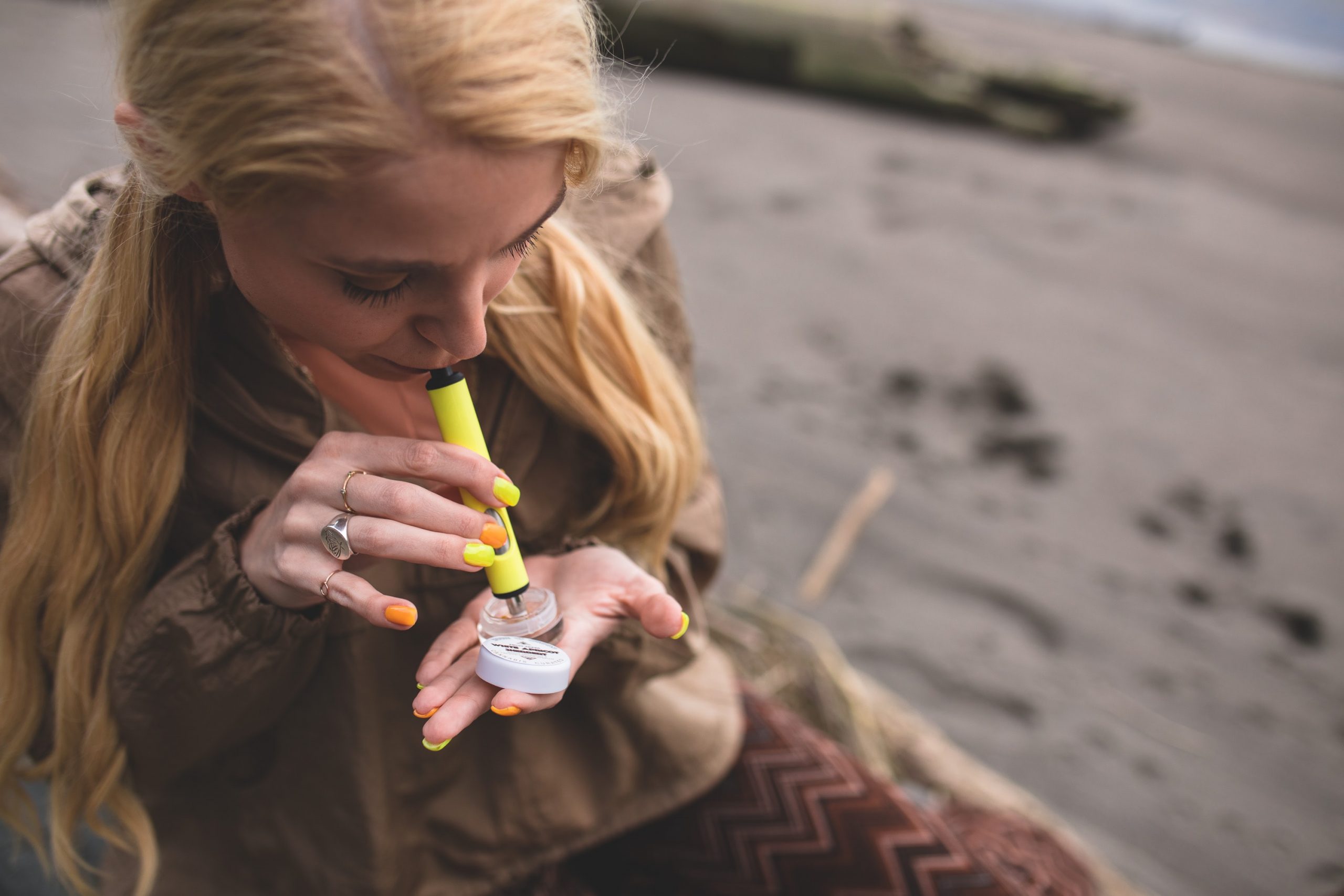The Swiss are moving forward with a highly anticipated recreational cannabis trial starting September 15. What are the lessons Germany can learn from the same?
In two weeks, the Swiss city of Basel will kick off a much anticipated (and highly watched) recreational cannabis trial. It is the first city in the country to do so, although others are moving to the starting gate, starting with Lausanne. Trials will be organized and managed by Canton.
Beyond Holland, which to this date remains a European anomaly, the Swiss are charting a path that is both highly daring (and also overly cautious in its own special Swiss way) that will inevitably have an impact on other legalizing countries around it, starting with Germany. One of the reasons is that the two countries are also trading partners in a separate trade alliance known as DACH.
What can be learned and applied in Germany (and other legalizing countries) surrounding Switzerland in the rest of Europe as recreational reform proceeds? And how will the Swiss trials likely be different than what is now under discussion in Germany if not in other EU member countries, starting with Luxembourg and Malta?
International Treaties
The first issue that the Swiss do not have to deal with (and every EU member country does) is that they can decide to move forward in creating their own national carve-out to international treaties (such as the 1961 Single Convention on Narcotic Drugs) to begin such a trial in the first place. This is not so simple in any EU country, which is why Germany, Luxembourg, and Malta have begun multinational talks on how to address the same. It is highly likely that other EU countries, starting with Holland will join them.
This is actually the first time that multiple countries have done this and there is no blueprint for the same. This includes Canada and before that Uruguay, the latter of which suffered threats from US banks after they did so.
Cantonal/City Trials
The Swiss are allowed to set up recreational trials in each of the twenty-six Cantons (equivalent to states), starting with Basel City Canton and the city of Lausanne in Canton Vaud. “Every one of the 26 Swiss Cantons is allowed by the Federal Office of Public Health to initiate trials of no more than 5,000 people,” said Francis Scanlan, founder and CEO of Cloud 9 Switzerland, a company whose application to be a supplier to the trials was accepted by the Swiss Federal Office of Public Health. “This national number of a total of 130,000 participants is also based on government estimates of cannabis users which is estimated at 210,000 who rely on the illegal market.”
The idea of city trials appears to be on track in Germany too – even before the federal government has drafted a recreational bill. Certain municipalities are starting to plan for the same – but the entire setup will almost certainly be different, starting with the fact that it is highly unlikely that the German government, now openly talking about dispensary dispensation – will do the same as the Swiss. Namely slow down recreational reform to have “trials” first – and further based on an estimated number of users. The reason for this is almost certainly that medical reform has already happened here – and further five years ago. Beyond this, it will not be economical to set this kind of limit since the organizational costs of the first establishments authorized to do so will be prohibitive if the initial local customer base is too small to support at least one such facility.
How such dispensary licenses will be granted going forward is also a topic that has not been widely discussed.
THC Limits in Hemp
The Swiss have, along with the Czech Republic, the highest level of THC allowed in cultivated hemp (namely 1%). Recreational cannabis legalization is unlikely to change the European mandates for the level of THC in hemp plants – which is now 0.2% but will change to 0.3% per EU mandate.
Flower vs Edibles
In Switzerland, edibles will be allowed from the start. Manufacturers like Cloud 9 whose first offering will be 2:1 and 1:1 ratios of THC: CBD chocolate bars are finalizing their products to authorities for vetting and approvals.
Rumors of course are rampant in Germany about what the government will do but nobody knows for sure right now. Namely, will flower be the only cannabis allowed in the recreational trial – at least at first? Beyond that, how will Novel Food play into this discussion? In Switzerland, it apparently was not even considered by authorities – who essentially waved it. This is not so easy in EU member states and will undoubtedly complicate the entire discussion as well.
Pharmacies, Dispensaries, and Online Outlets
Switzerland’s distribution system will be via pharmacies and other options, like dispensaries and even cannabis clubs as the trials get underway. In Germany, the pharmacy discussion is probably off the table by now since many pharmacists do not want the complications of the recreational business and would prefer to focus on medical only. As a result, the dispensary model appears to be on track for Germany.
One thing that seems to be deliberately undiscussed in both countries is online sales of high THC products – at least for now. That said, it took the Canadians some time to deal with this conundrum. Things will probably be at least as complicated here.
Pricing
The Swiss trials are deliberately pricing flower at black market prices to make sure that there is no disincentive to relapse. Expect similar approaches aus Deutschland. Not to mention a vigorous debate about how products should be priced and taxed to ensure that there is price parity between black market and legit products.









